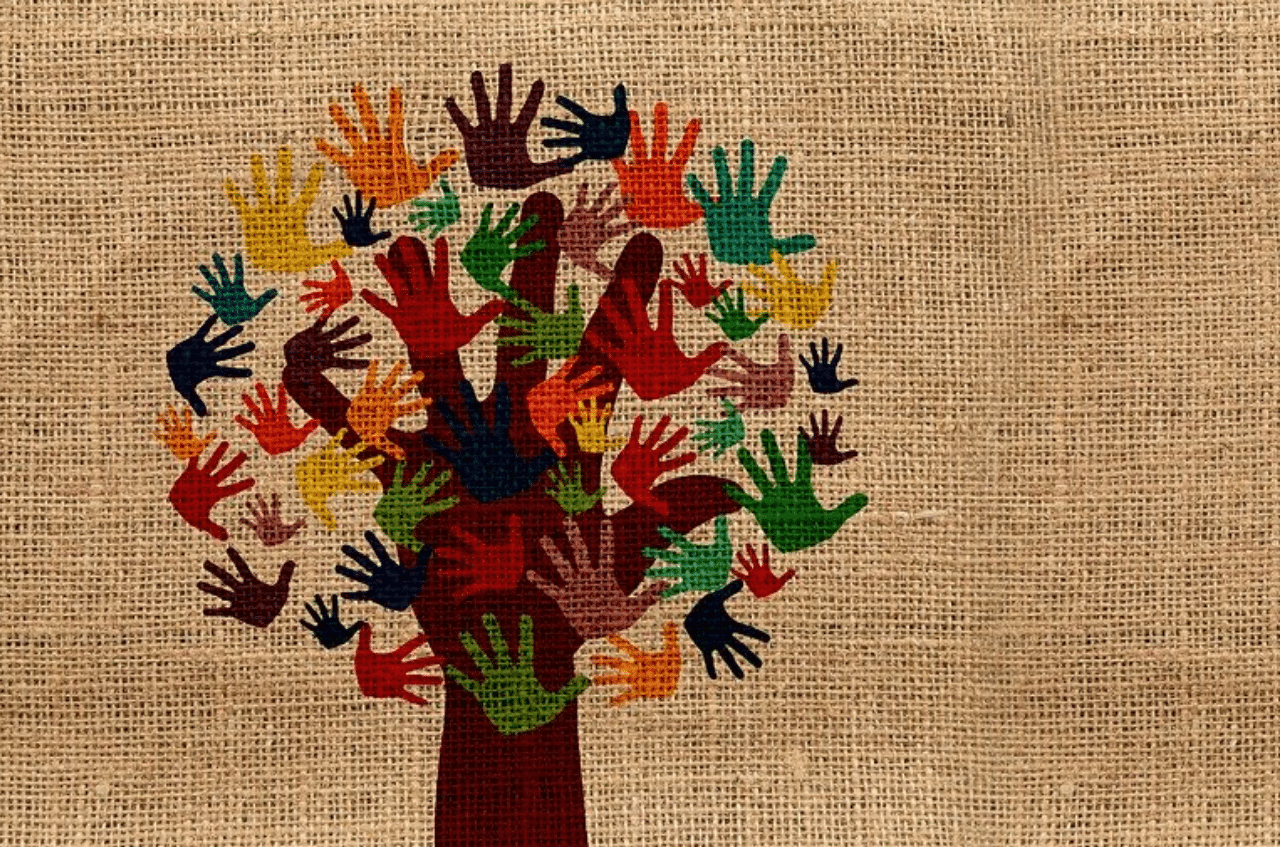By Dr. Zoe Poole
You’ve spent a long time searching for an answer to your symptoms. There have been numerous visits to the GP and maybe other specialists.
Finally you have a diagnosis; a ‘chronic’ diagnosis.
Maybe it’s chronic pain, chronic fatigue syndrome, fibromyalgia or an auto-immune disorder. Getting one answer seems to open up a plethora of new questions.
- What does the diagnosis mean?
- What should you do next?
- How can you learn to cope with a chronic health problem?
Finding ways to cope is important. It’s not uncommon for the health problem to impact on your mood, making you feel worried about the future, depressed and feel low in confidence.
You might also find it hard to do the activities you enjoyed prior to diagnosis, find your sleep is affected or find you withdraw from people.
Research highlights the benefit of different psychological therapies, which equips you with strategies that help you to build your confidence to manage the impact, including finding a way forward that is meaningful to you.
For example:
- Cognitive Behavioural Therapy (CBT).
- Acceptance and commitment therapy including Mindfulness (ACT).
- Eye Movement Desensitization Reprocessing (EMDR).
We work with children, adolescents and adults, helping them to cope with the impact of chronic health problems.
Watch this video to find out more:
If you have been diagnosed with a chronic health disorder, please do get in touch. We are happy to discuss any concerns with you by telephone or email and this service is free. If we can provide assistance then an initial appointment will be offered.







